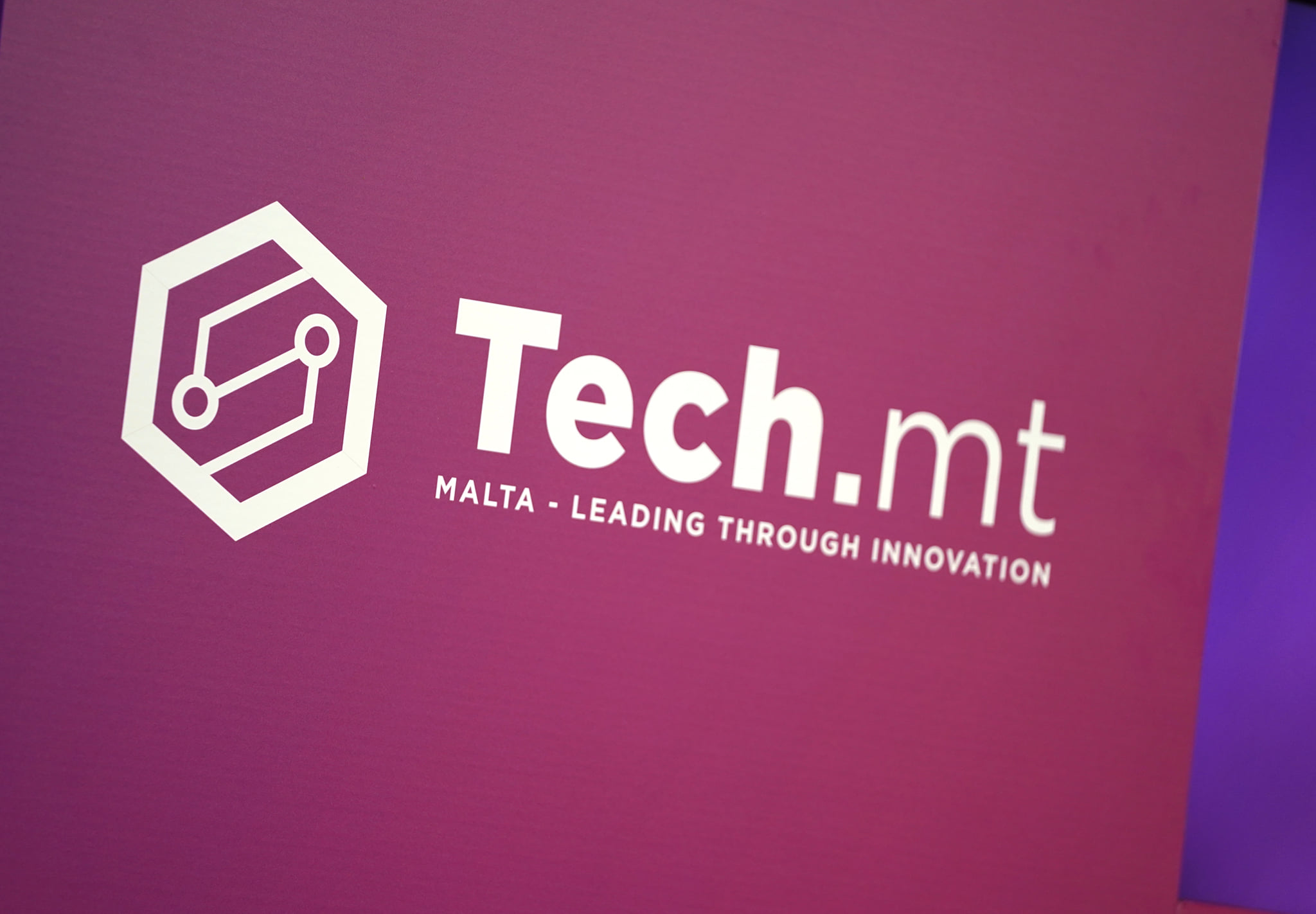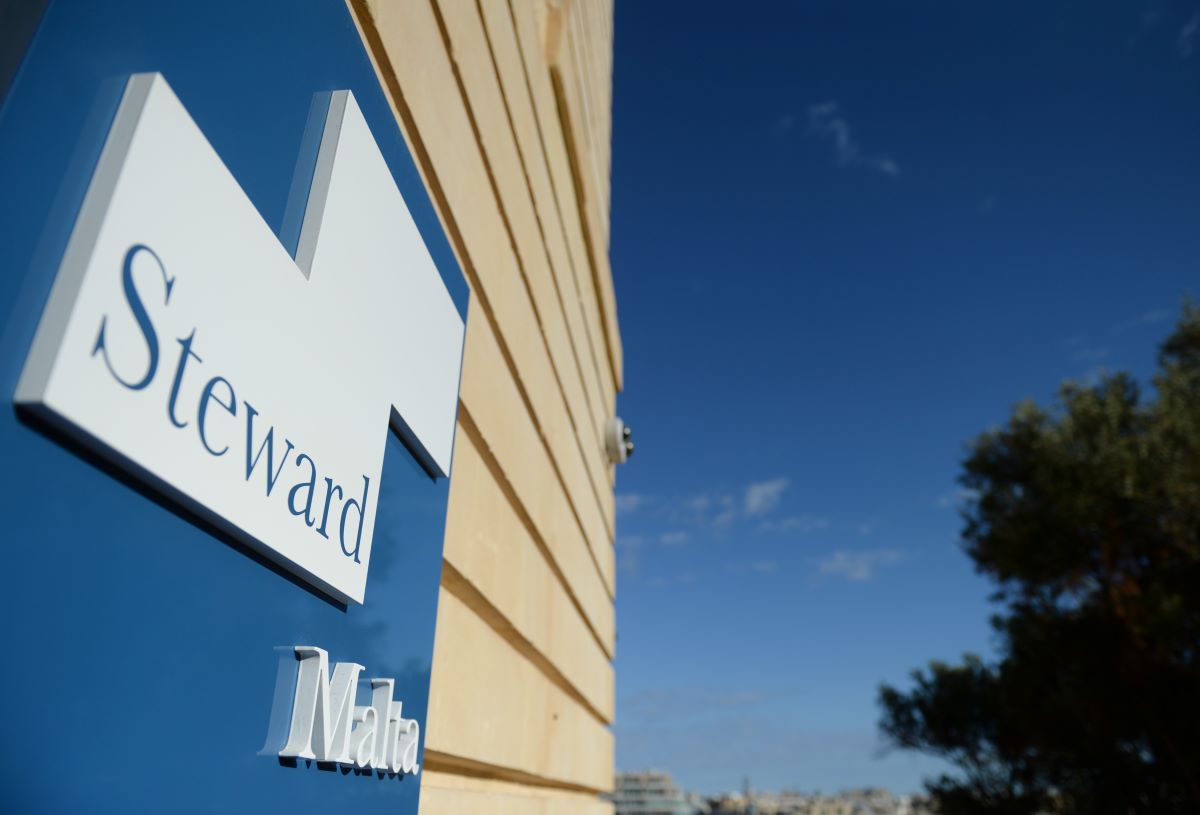In recent years, Malta has successfully positioned itself as a technology hub of choice. Malta’s remarkable success in the digital economy is a result of the country’s fast adaptation to developing technology. For more than a year, the worldwide epidemic has wreaked havoc, yet Malta has proven to be extremely robust to the numerous economic shocks that have resulted on a global level. The technology and innovation sectors are rapidly changing.
Thus, any tech hub is required to not only adapt to these changes but challenge them. This is what Malta has been doing during these past years. During turbulent global periods, as envisaged, the eurozone economy contracted by 0.3 per cent between the last quarter of 2020 and the first quarter of 2021. However, Eurostat reports that the Maltese economy expanded by 1.9 per cent. Information Technology activities have contributed to an increase in Gross Value Added, which rose by 13.8 per cent in nominal terms during the second quarter of 2021 when compared to the same quarter in 2020.
Malta’s technology sector has seen the fastest growth in productivity over the last decade, attributed to the sector’s strong foundations and Malta’s attractiveness, which includes a skilled workforce, strong education institutions, a robust telecommunications infrastructure, and various incentives that continue to strengthen Malta’s distinctiveness.
Since the establishment of Tech.mt in 2019, the Maltese Government has injected an investment of close to €5 million in the entity to position Malta as the global technology hub of excellence. In this regard, Tech.mt’s strategy over the past two years has been focused on promoting the country for its dynamic and thriving technology sector. Indeed, our commitment has been to position Malta as the epicentre on both a quality and creative level, having a forward-thinking approach, with an inviting and supportive infrastructure.

Besides increasing the value of the ICT industry in Malta, this also positions the country as an attractive working destination within the European tech industry, thus attracting potential investment. Moreover, we strive to understand the current position of technology companies and start-ups, and the type of assistance they may require to expand their potential. Tech.mt has been strongly proactive in assisting businesses to apply for the right grants and incentives offered by local entities and in advising a clear direction towards their growth.Tech.mt has also made sure that certain grants and funding schemes are re[1]dimensioned to ensure that these also cater for the local tech sector. Tech.mt has also been investing its time and resources in promoting Malta with specific foreign universities, as well as partnering up with local education institutions to improve the influx of professionals in the market and meet the industry demand.
With the overarching responsibility of representing the technology sector in Malta, Tech.mt has persisted in remaining in contact with its members and representations in the wake of COVID-19. In fact, the number of one-to-one meetings with its members during the first three quarters of 2021 increased twofold. This is a testimony of Tech.mt’s obligations and responsibility to maintain contact with the sector it was mandated to represent and continue nurturing an environment of growth and collaboration. Consequently, this has enabled a virtuous circle of trust among various stakeholders, from Government and interlinking entities to the business community.
The Malta Competitiveness report (2020) posits that a stronger commitment to a digital economy leads to higher levels of economic production and efficiency. Tech.mt aims to make sure that the Maltese technology sector remains prosperous and growing. Tech.mt also seeks to take the lead in addressing contemporary tech company demands and challenges, and leveraging them into opportunities. By taking a proactive approach, we are constantly looking for new ways to put our knowledge and experience to work for Maltese companies and also to attract foreign direct investment. As a result, Malta’s tech industry will continue to expand and prosper.
A proactive reach out to businesses operating within the sector was held during 2021, reaching over 190 companies and relevant stakeholders during the past months. The main recipients were local tech players from the private sector, other Governmental entities, foreign investment offices, trade promotion organisations, and businesses operating in other sectors but with the ambition to implement digital solutions. The drive to further consolidate communication with the industry was a calculated exercise to ensure that different segments were reached, from the large players to the small and medium enterprises, and the start-up community. With assistance being one of its key objectives, Tech.mt has pledged its expertise and resources to aid all types of businesses through mentoring in terms of road mapping and validation, networking and facilitating connections, access to funding opportunities, participation in international events, and supporting start-ups through accelerator programmes.

Through industry and technology-specific research and studies, Tech.mt has also engaged in consulting over 140 businesses in the field of e-commerce and the Internet of Things (IoT). The insights gathered through such assessment studies have been used to formulate upcoming national strategies and analyse the state of emerging technology deployment among local businesses.
Through the well-received consultancy initiative, launched earlier this year, Tech.mt provided start-ups and students with pro-bono quality consultancy services by established industry players in a number of strategic key areas such as concept validation, go-to-market strategy, digital marketing, digital transformation, and internationalisation. In addition, our team provided assistance to businesses in every step of the digitalisation journey, from setting up e-commerce platforms to providing insight on funding opportunities available for digitalisation, and even offering assistance in terms of the application process of current grants and incentives.
Digital transformation is sustained if the economy’s core is also adapting to digitalisation. Therefore, it is crucial that the public sector is not only an enabler of growth but also the main driver. Digital education, reskilling, and upskilling are necessary through any digital shifts happening both in the present and future. Indeed, Malta has been classified as one of the EU member states with the highest rate of performance increase in the area of human resources (+30.9 per cent), which is measured on new doctorate graduates; population with tertiary education and lifelong learning (EIS 2021). On this front, Tech.mt has also continued to strengthen the academic interchange in the field of technology and research by signing eight agreements with the University of Malta and eight partnering universities in Italy.
Malta is becoming a safe space for start-ups as it sets up innovation incentives that pose critical to an innovative ecosystem. The interest of SMEs and innovative business processes is increasing, as the European Innovation Scoreboard 2021 ranks Malta in third place among all member states within the Innovators area.
Malta has consistently shown resiliency and the ability to prosper and grow in the face of global challenges. The tech industry is without a doubt promising since the future is unquestionably digital. However, this does not imply that the gains made thus far are sufficient. Along with the development of new technology, the digital economy’s future is brightening. New technologies such as blockchain, the Internet of Things, and virtual reality are becoming more prevalent, encouraging employees to learn new skills deemed important for any business.
Malta is well-positioned to capitalise on its current capabilities, and Tech.mt will continue to play a key role in ensuring that technology and digital platforms are exploited to their full potential, guaranteeing a digitally resilient and innovative economy.
This feature was first carried in the 2021/2022 edition of Digital Island
Arbitration ruling on Steward-Malta case published
The 212-page document delves into the claims and counterclaims in the acrimonious end to the major hospitals concession
Coca-Cola’s AI Christmas ad sparks fresh backlash despite human input claims
Will it be enough to make the company reconsider its creative strategy next year after the cola-teral damage?
New €350 million Malta Government Stocks open for public subscription
The issuance will consist of three fixed-rate stocks






